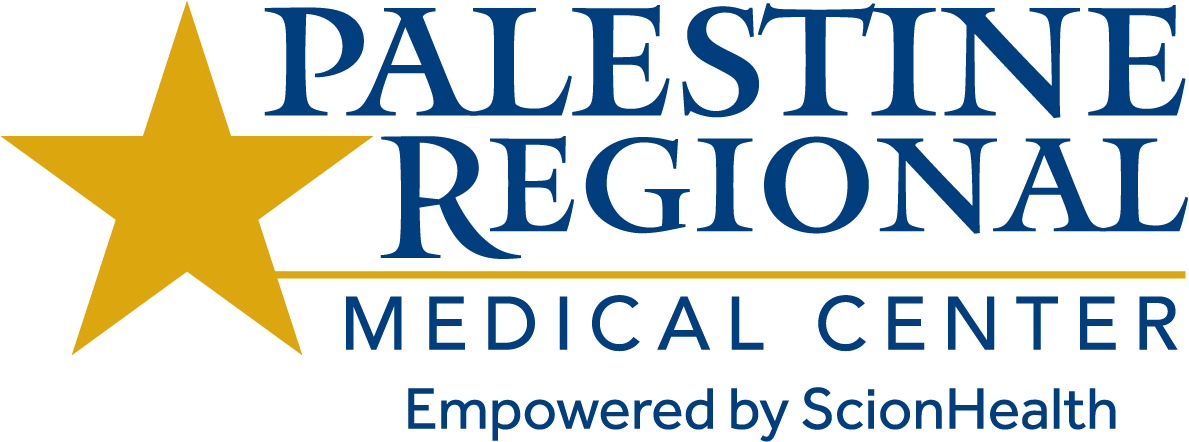Heart Attack Symptoms
Think you are having a heart attack? Call 9-1-1 immediately!
Although some heart attacks are sudden and intense, most start slowly, with mild pain or discomfort. Pay attention to your body — and call 9-1-1 if you feel:
- Chest discomfort. Most heart attacks involve discomfort in the center of the chest that lasts more than a few minutes, or that goes away and comes back. It can feel like uncomfortable pressure, squeezing, fullness or pain.
- Discomfort in other areas of the upper body. Symptoms can include pain or discomfort in one or both arms, the back, neck, jaw or stomach.
- Shortness of breath with or without chest discomfort.
- Other signs: cold sweat, nausea, lightheadedness, palpitations, paleness, weakness/fatigue or dizziness.
Need directions to the ER? Get Directions here.
 Heart Attack Warning Signs
Heart Attack Warning Signs
If you are not sure that you are having a heart attack and you need to know more, try answering these questions:
- Are you having discomfort in the middle of your chest?
- Are you having any of the following chest discomfort symptoms:
- fullness within the chest
- burning within the chest
- aching within the chest
- tightness within the chest
- or similar type symptom
- Do these chest discomfort symptoms come and go?
- Are these chest discomfort symptoms worse with activity and disappear when you rest?
- Are you reluctant to tell someone of these symptoms?
- Are you reluctant to call because you think your mild symptoms do not warrant doing so?
- Do you have any of these other associated symptoms: Discomfort that goes from the chest to your left arm or to your jaw, clammy perspiration, shortness of breath, nausea or dizziness?
- If you carry with you nitroglycerin, does the nitroglycerin seem to take away the discomfort within 5 minutes?
If you answered yes to most of these questions, you owe it to yourself to get these symptoms checked out immediately at Palestine Regional Medical Center's Emergency Services Department. It is better to be safe than sorry. Survive, Don’t Drive – Call 9-1-1.
Symptoms May Vary Between Men and Women
As with men, women's most common heart attack symptom is chest pain or discomfort. But women are somewhat more likely than men to experience some of the other common symptoms, particularly shortness of breath, nausea/vomiting, and back or jaw pain.
Minutes Matter
Learn the signs, but remember this: Even if you're not sure it's a heart attack, have it checked out. Minutes matter! Fast action can save lives — maybe your own. Don't wait – call 9-1-1 or your emergency response number.
Watch an animation of a heart attack from the American Heart Association.
Remember: Call 9-1-1 if you believe you are experiencing a medical emergency.
Calling 9-1-1 is almost always the fastest way to get lifesaving treatment. EMS staff are trained to revive someone whose heart has stopped. It is best to call EMS for rapid transport to the emergency room.
